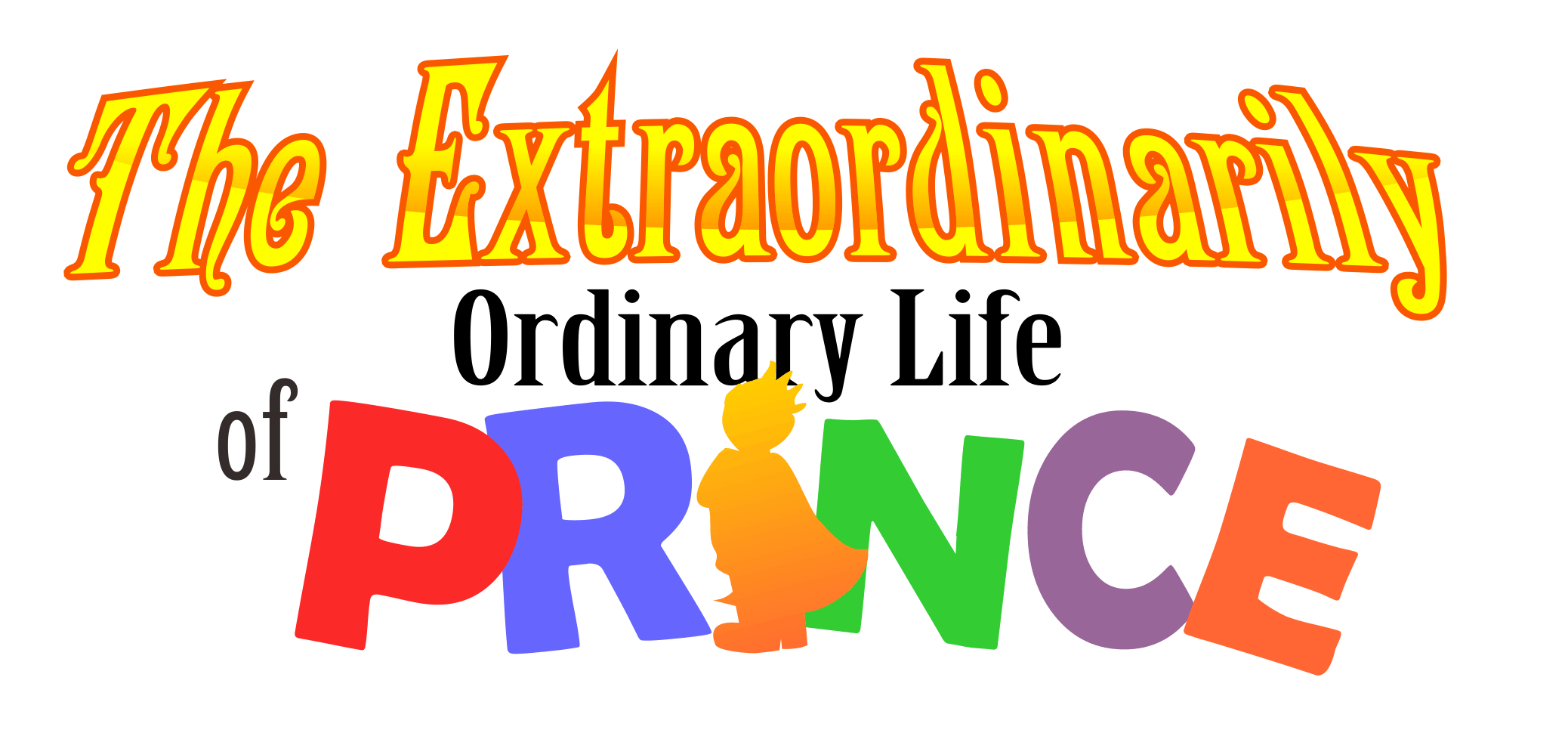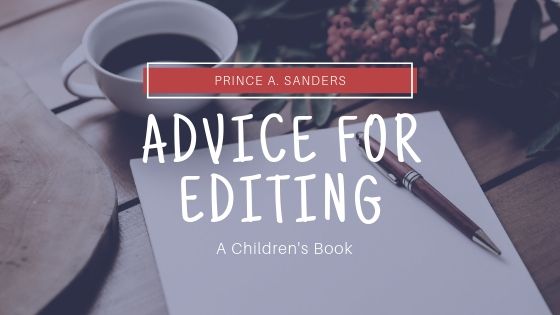After spending hours writing your children’s book, you’re likely eager to get it published and see it in print. However, you still have another important step left before you get that point—editing your manuscript! Editing doesn’t have to be an overly complicated process. Here are a few important points to take into consideration while editing your book.
Read Your Book Aloud
Children’s books are most often enjoyed out loud, accompanied by funny accents and sound effects! As such, if you haven’t started reading your book aloud to yourself, start there. Speaking through the words also makes it easier to catch any grammatical mistakes that might interrupt the flow of your story. Read slowly, and consider how each sentence and page sounds. Ask yourself if it would make sense to someone hearing it for the first time—especially to a child. Sometimes it’s easy to forget that others don’t have the same knowledge of the story that you do. Are there sentences that wouldn’t make sense without the context you have inside your head?
Get An Outside Opinion
Take it from me, writers have a tendency to get too close to the pieces we create. When you’ve spent hours writing your manuscript, it can be all too easy to miss small errors over and over again. Even if they should seem obvious, you may be so used to looking at your text that you don’t notice them. It’s very helpful to get an extra set of eyes to read through your book. This can be a friend, or you can hire a professional children’s book editor.
Make Cuts
It’s hard to do, but you can’t be afraid to make cuts to the text. Children’s books should normally be on the shorter side and move quickly enough that they can capture and maintain the attention of little ones. If you have long, unnecessarily wordy sections, see if you can pare them down while still maintaining the integrity and pacing of your story. Take a step back and be objective about what should stay or go. You’ll thank yourself later.
Make Sure You Have a Solid Ending
The ending is often the most difficult part of a book to write. It’s so easy to get caught up in perfecting the plot and your characters. By the time you reach the end of your story, you may have spent the majority of your energy on other parts of your book and glossed over the ending. But an ending can truly make or break a book, so it’s important that you spend some time improving it. Reread your ending and think about how you can make it more impactful and rewarding for a child to finish.
Work on a Summary
As the author, you should be able to create a fantastic summary of your story. Some writers execute this step before ever writing a word of their manuscript. Not only will this help you during the pitching process, but it will also guide you to the heart of your story. Knowing the core of your book will help you immensely during the editing process. When editing, refer back to your core summary and make sure that every change you make to your manuscript reflects.

